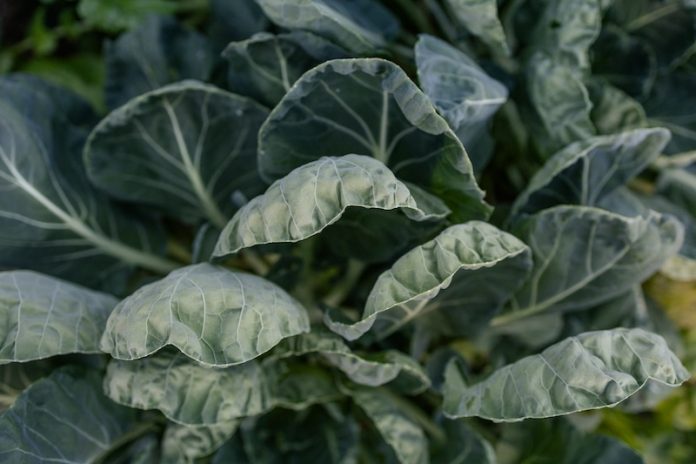
The liver, a powerhouse of the human body, plays a pivotal role in our overall health.
It’s like a highly efficient processing plant, handling everything from filtering toxins to aiding in digestion and nutrient absorption.
Given its critical functions, protecting and supporting liver health is essential for maintaining well-being. Fortunately, one of the most effective ways to do so is through our diet.
This review explores various foods that have been shown to offer protection and support to the liver, backed by scientific research, yet presented in a way that’s easy to digest for non-scientists.
Firstly, it’s important to understand that the foods we consume can have a profound impact on our liver’s health. Some foods can support liver function and repair, while others can contribute to damage if consumed excessively.
Research indicates that incorporating certain foods into your diet can help keep your liver healthy and functioning optimally.
Leafy greens, such as spinach and kale, are celebrated for their health benefits, and the liver is no exception to the list of beneficiaries. These vegetables are loaded with antioxidants, compounds that help protect the body’s cells from damage.
They also contain chlorophyll, which studies suggest can aid the liver in flushing out toxins from the bloodstream.
Cruciferous vegetables like broccoli and Brussels sprouts are another group of liver-friendly foods. They are high in fiber and contain compounds that help in the detoxification process.
Research has shown that these vegetables can enhance the production of detoxifying enzymes in the liver, offering it an extra layer of protection against harmful substances.
Fatty fish, rich in omega-3 fatty acids, is another key player in liver health. Omega-3 fatty acids are known for their anti-inflammatory properties, which can help reduce the risk of liver disease.
Studies suggest that consuming omega-3-rich foods can decrease fat levels in the liver and fight inflammation.
Nuts, particularly walnuts, are also beneficial for the liver. Walnuts are high in omega-3 fatty acids and antioxidants, contributing to reduced liver inflammation and enhanced liver function.
Research supports the consumption of walnuts for those looking to maintain a healthy liver, as they help improve liver enzyme levels.
Fruits, especially berries like blueberries and cranberries, offer significant liver benefits. They are rich in antioxidants, including polyphenols, which may help protect the liver from damage.
Research has indicated that regular consumption of berries can improve immune and antioxidant responses in the liver.
Lastly, the humble garlic, often celebrated for its flavor-enhancing qualities, is a powerhouse for liver health. Garlic is rich in allicin, a compound with anti-inflammatory and antioxidant properties.
Studies have shown that garlic can help reduce body weight and fat content in people with fatty liver disease, indicating its potential protective effects on the liver.
In conclusion, protecting your liver is crucial for maintaining overall health, and diet plays a key role in this process.
By incorporating liver-friendly foods such as leafy greens, cruciferous vegetables, fatty fish, nuts, berries, and garlic into your diet, you can support your liver’s function and protect it against disease.
While this review highlights the beneficial impact of certain foods on liver health, it’s important to remember that balance and moderation are key in any diet.
Incorporating these foods into a balanced, nutritious diet can help ensure your liver remains healthy and functional, supporting your well-being.
If you care about wellness, please read studies about how ultra-processed foods and red meat influence your longevity, and why seafood may boost healthy aging.
For more information about wellness, please see recent studies that olive oil may help you live longer, and vitamin D could help lower the risk of autoimmune diseases.
Copyright © 2024 Scientific Diet. All rights reserved.





